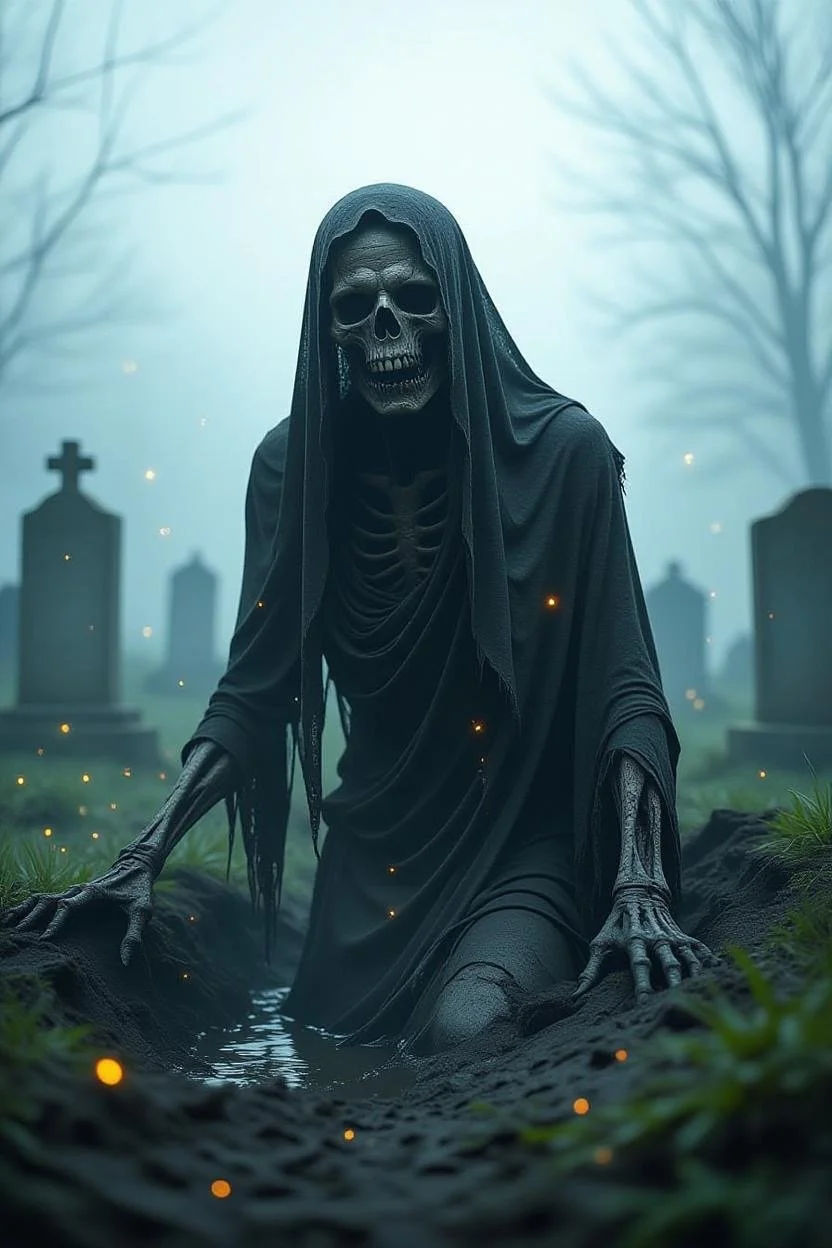WELCOME TO RACHEL’S BLOG
Scroll down to see the most recent posts, or use the search bar to find previous blogs, news, and other updates

All Souls’ Day: Soul Cakes, Prayer and Memory
As the bells of All Saints’ Day fall silent, a gentler sound takes their place — the slow, measured knell for the departed. 2 November, All Souls’ Day, was the moment when the living turned their hearts toward those still journeying through Purgatory.
The season of light ended not in mourning, but in hope — that love and prayer could reach beyond the grave. The word soul comes from Old English sawol, “the spiritual essence of a person.”
The “Mass of Souls,” or Soul Mass Day, was first proclaimed in 998 AD by Abbot Odilo of Cluny. He ordered that every monastery in his order should celebrate a Mass for “all the faithful departed.” From Cluny, the custom spread throughout Europe.
Yet its roots run deep into pagan soil. Romans had their Parentalia, a spring festival for the dead where families brought cakes and wine to tombs. Celts laid food on thresholds at Samhain to honour their ancestors. Christianity sanctified these gestures, and the offering of food became the offering of prayer.

The Revenant of Hereford: Walter Map’s Medieval Walking Dead
It’s Halloween, or ‘All Halliow’s Eve’, stolen from the pagans! You might think it’s all jack-o’-lanterns, witches, and restless spirits, but long before pumpkins and trick-or-treaters, medieval storytellers were already spinning tales of the restless dead. One of the most chilling comes from Walter Map, a 12th-century courtier, wit, and author of De Nugis Curialium (Courtiers’ Trifles).
Did you know, Walter Map is a character in Rachel Elwiss Joyce’s second novel in the ‘Nicola de la Haye Series’?
Map’s collection of gossip, marvels, and supernatural tales contains one of England’s earliest written accounts of a revenant — a corpse that would not rest quietly in its grave.
